 Nearly three years has passed since Benjamin and I arrived in the Republic of Vanuatu to serve as Peace Corps volunteers. I remember the flight on April 17th, 2004 quite distinctly as a plane closed on the islands of Vanuatu and approached the capital city of Port Villa on Efate Island. The speculations, laughter and conversations between the 15 “new recruits,” destined to spend the next two years as volunteers, gave way to silence and 15 noses pressed against about 8 windows looking down into a matrix of coconuts, cattle and tin-roofed residential structures. I remember thinking how very, very, very small the largest town in Vanuatu was and how odd it looked against an otherwise rural-rugged tableau of Efate Island.
Nearly three years has passed since Benjamin and I arrived in the Republic of Vanuatu to serve as Peace Corps volunteers. I remember the flight on April 17th, 2004 quite distinctly as a plane closed on the islands of Vanuatu and approached the capital city of Port Villa on Efate Island. The speculations, laughter and conversations between the 15 “new recruits,” destined to spend the next two years as volunteers, gave way to silence and 15 noses pressed against about 8 windows looking down into a matrix of coconuts, cattle and tin-roofed residential structures. I remember thinking how very, very, very small the largest town in Vanuatu was and how odd it looked against an otherwise rural-rugged tableau of Efate Island.Efate island houses nearly a quarter of the country’s 200,000 plus populace and the majority of the Ni-Vanuatu people on this island live in or around the capital city of Port Villa. The vast majority of the island is still quite rural. In fact Vanuatu as a whole is quite rural with about 80% of the country living in rural villages scattered through this volcanic archipelago. Only a handful, and I mean about 4 or 5 towns have electricity. Efate, much like many of the larger islands such as Malekula, Santo and Tanna, is sparsely populated within the dense and rugged terrain interiors, with the majority of the population living near the coast and subsequently, the dirt or coral roads.
Our first taste of rural Vanuatu was to come during a ten-week training in a rural village called “Epau” in the northeastern side of Efate Island. There, adopted into a local family and living among approximately 300 villagers, we were to learn about the Ni-Vanuatu way of life. Not a small task for 10 weeks: learning the ins and outs of a new culture, gender roles, language, technical skills, language and practical knowledge like cooking over a fire or opening a coconut (without using your machete or bush knife to cut your own hand off). I remember thinking, “Hey Bislama will be easy right? I mean it is just a pidgin of English after all.” Olsem, sapos mi stap raet long Bislama nomo bambae yu harem save o no? Oh yeah, not to mention getting used to quite different living conditions: different housing, no running water or one tap per family, electricity, new “bugs” (and when sick proceed to different toilet) and different food.

Being adaptive is essential, in addition to being able to laugh at yourself, when you are invariably going to get yourself into mishaps and misunderstandings, and as our director always says you “will always be learning more than you are teaching.” And after nearly three years, many trainings, workshops and “storians (discussions)” later, I hope that I have given half as much to Vanuatu as Vanuatu has given to me. It has been extremely testing at times, pushing me to the limits of resolve, understanding and patience, but overall more “laplap” and laughter than tears. At the end of our two months we headed out for two years on a rural island, Ben as an “Agribusiness and Agroforestry Extensionist” and I a “Coastal Resources Management Advisor.” After three years, and having visited numerous villages and different islands, the thing that strikes me about Ni-Vanuatu is that no matter what social strife, family feuds and disputes, economically dire situations or tragedy that strikes; Ni-Vanuatu are never far from a smile, which of course can be contagious.
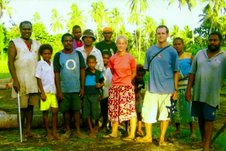
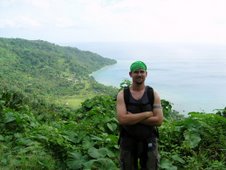
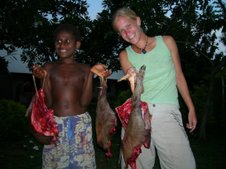
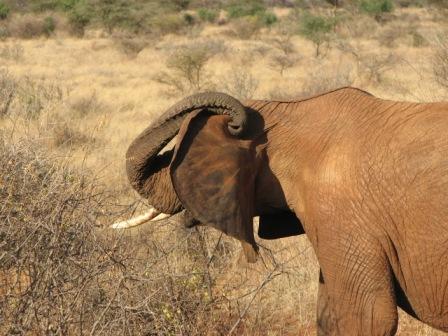
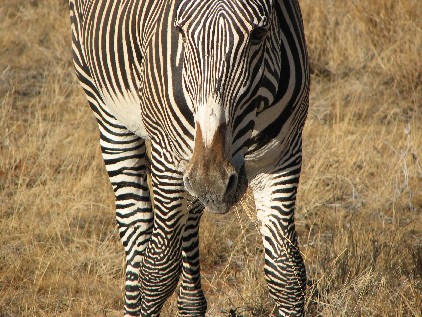
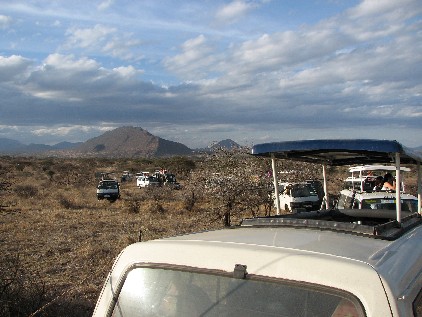
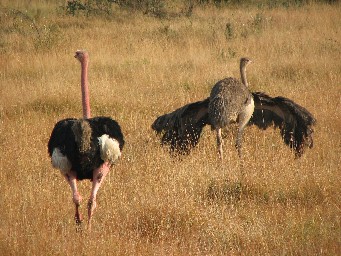
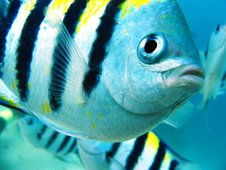
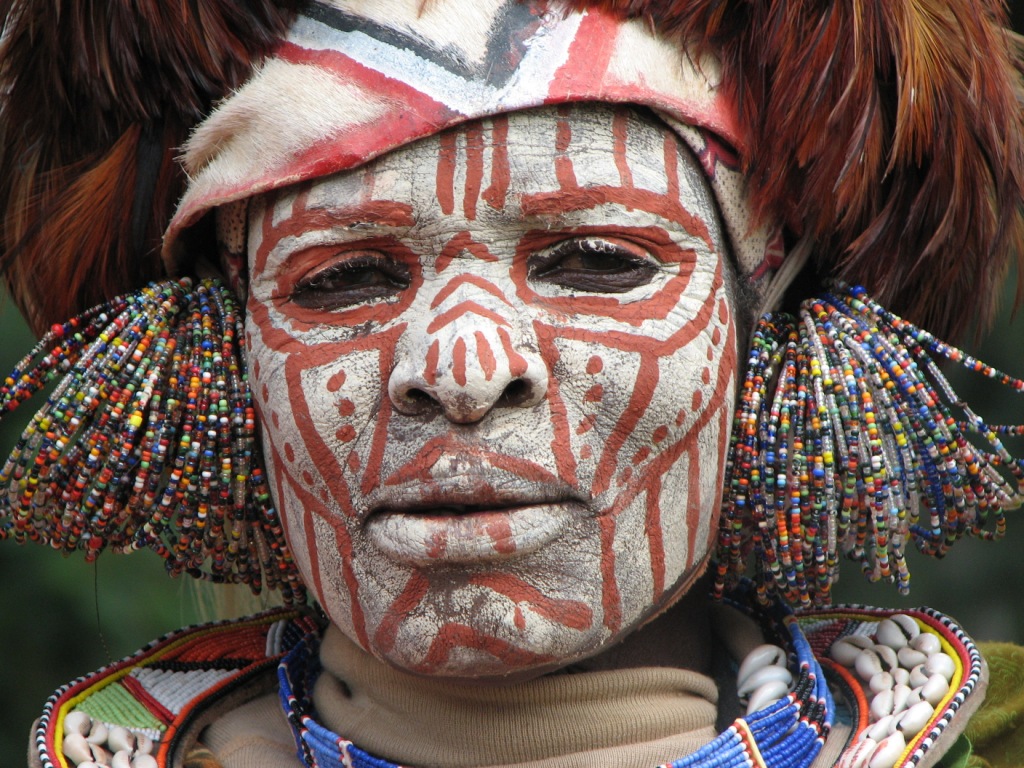
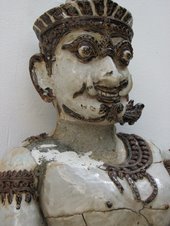
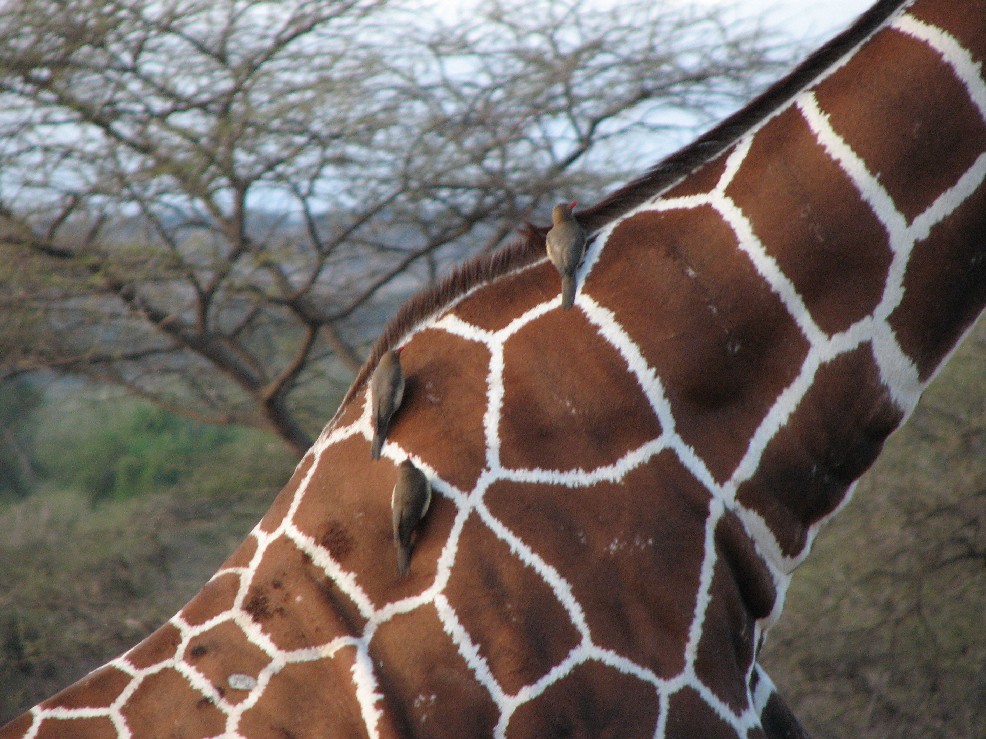
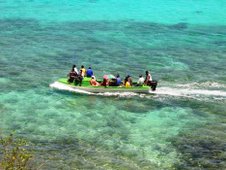
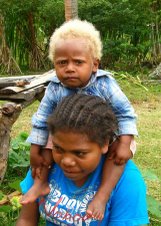
No comments:
Post a Comment